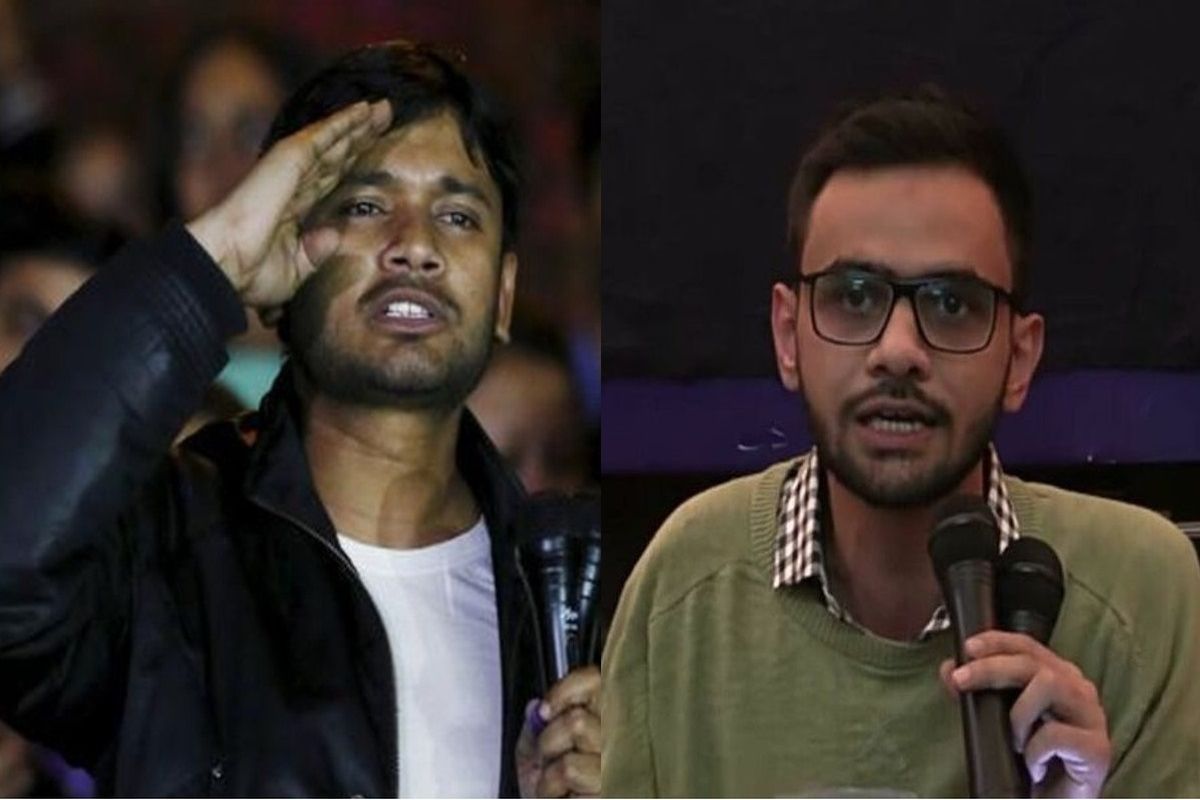Urgency of crisis demands quick action
Returning from a month-long holiday in the US, I was immediately struck by the urgency of the pollution crisis as I landed in Delhi, past midnight this week.
Going after the Delhi CM, Tiwari claimed that the residents of the national capital would teach Kejriwal a lesson in the upcoming Assembly polls if his AAP government doesn’t give sanction for prosecution in the February 2016 JNU case.

A high-level committee was constituted by the JNU vice-chancellor on 11 February 2016 to probe the matter. (File)
Delhi BJP chief Manoj Tiwari on Wednesday alleged that AAP leader and chief minister Arvind Kejriwal was working against the interest of the country by not giving sanction for the prosecution in the JNU “sedition” case.
Going after the Delhi CM, Tiwari claimed that the residents of the national capital would teach Kejriwal a lesson in the upcoming Assembly polls if his AAP government doesn’t give sanction for prosecution in the February 2016 JNU case.
Tiwari’s charges came a day after a Delhi court granted Delhi Police two months to secure requisite sanctions in the case to prosecute former JNU Students Union president Kanhaiya Kumar and other ex-JNU student leaders, including Umar Khalid and Anirban Bhattacharya in this case.
Advertisement
Three years after the alleged incident on the JNU campus, Delhi Police had, on 14 January this year, filed a charge sheet in a local court against Kumar and others, charging that they were allegedly leading a procession and supported seditious slogans raised on the JNU campus during an event on 9 February 2016.
Kanhaiya Kumar and other accused Khalid and Bhattacharya have rejected these allegations as “false, baseless and politically-motivated”.
The Delhi BJP chief attacked the Kejriwal government for still not granting the permission to prosecute these “anti-national elements”. Tiwari alleged that the AAP-led Delhi government was playing “dirty politics” over the case.
“We urge the Delhi government to give sanction to prosecute those who shouted anti-national slogans (on the JNU campus),” Tiwari said.
The Delhi government was examining an opinion of its standing counsel to prosecute the accused in this case. Its standing counsel (criminal), Rahul Mehra, is said to have opined that in the original complaint, there was no mention of “anti-national sloganeering” by anyone having a “pernicious tendency or intention of creating public disorder or disturbance of law and order” during the entire incident on 9 February 2016.
A high-level committee was constituted by the JNU vice-chancellor on 11 February 2016 to probe the matter. The committee had confirmed “indiscipline and unruly behaviour” but did not recommend any criminal proceedings, Mehra reportedly stated.
Advertisement